Us and Robots
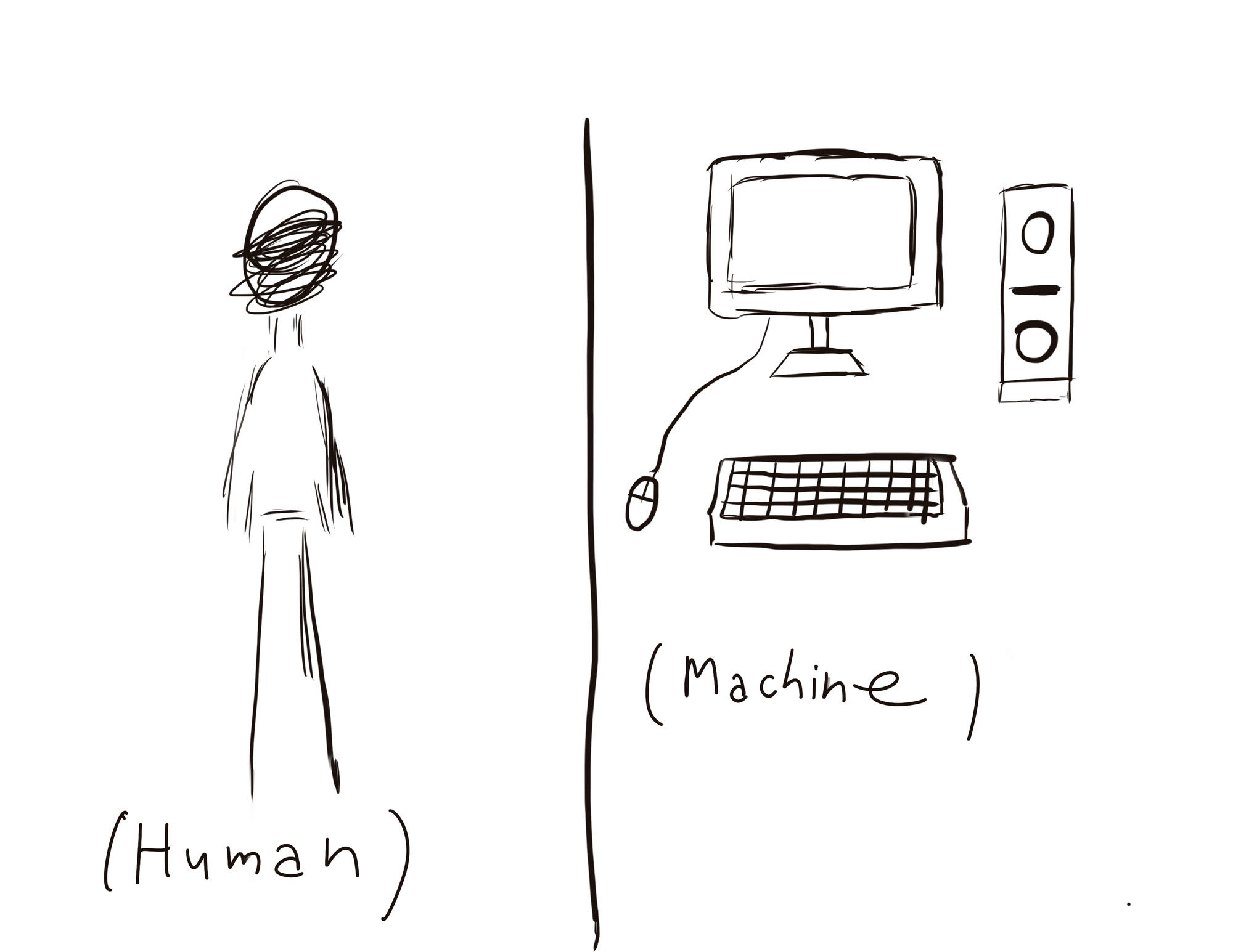
“The Matrix”, one of the greatest cinematic movies of the 20th century, showed us a dystopian where humans are defeated by robots and machines, and get trapped inside a computer simulation named “The Matrix”. In this dystopian, everything we perceive, feel, and sense is fed into our heads by machines. Nothing is a product of our own minds. Even more, these machines are so superior, that they can make us believe that we are living in reality and that we have free will. But the truth is, humans are slaves. We get grown synthetically inside the fetus fields to serve as energy batteries for the machine. And when someone dies, they get liquified, and this liquid turns into a source of food for the livings (cannibalism never gets old, I must say.)


That sounds so terrible, isn’t it? And from there, a lot of sci-fi movies, books, and video games started to develop this genre of dystopia, where AI, machine, and robot have their own consciousness, take over the world, enslave and destroy the whole humanity. And surprisingly, in real life, this topic eventually becomes a real concern for people. It is among the most asked questions sent to scientists and research labs, to figure out if someday machines and robots gonna kill us all. So in this article, I will answer this concern. But before heading to that super dark dystopian, why don’t we begin with something less extreme, a more radical question, let's say, will robots, machines, and AI ever steal your jobs?
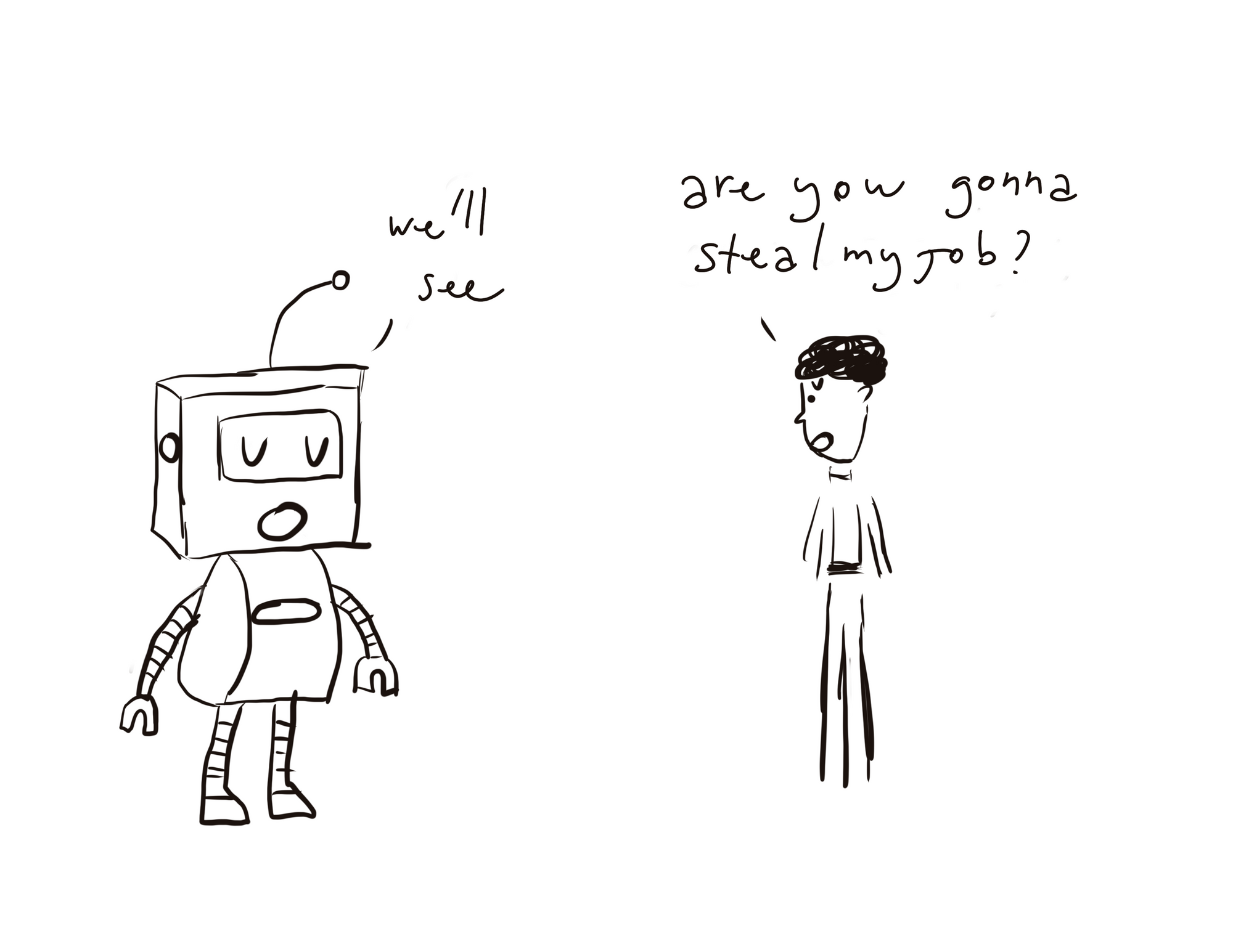
When it comes to this question, there are no easy answers, but we can consider these two possibilities.
Possibility 1: Don’t worry boo. Robots, machines, and AI are gonna be our best sidekicks ever!
First of all, humans and machines are built very differently. We are made of flesh and blood, and rely on both conscious and unconscious minds to process information and make decisions. This ability is extremely important in complex social situations, such as voting or taking hints if your crush like you back or not. We are intimidated by big amounts of numbers and data, and our memory capacity is quite limited.
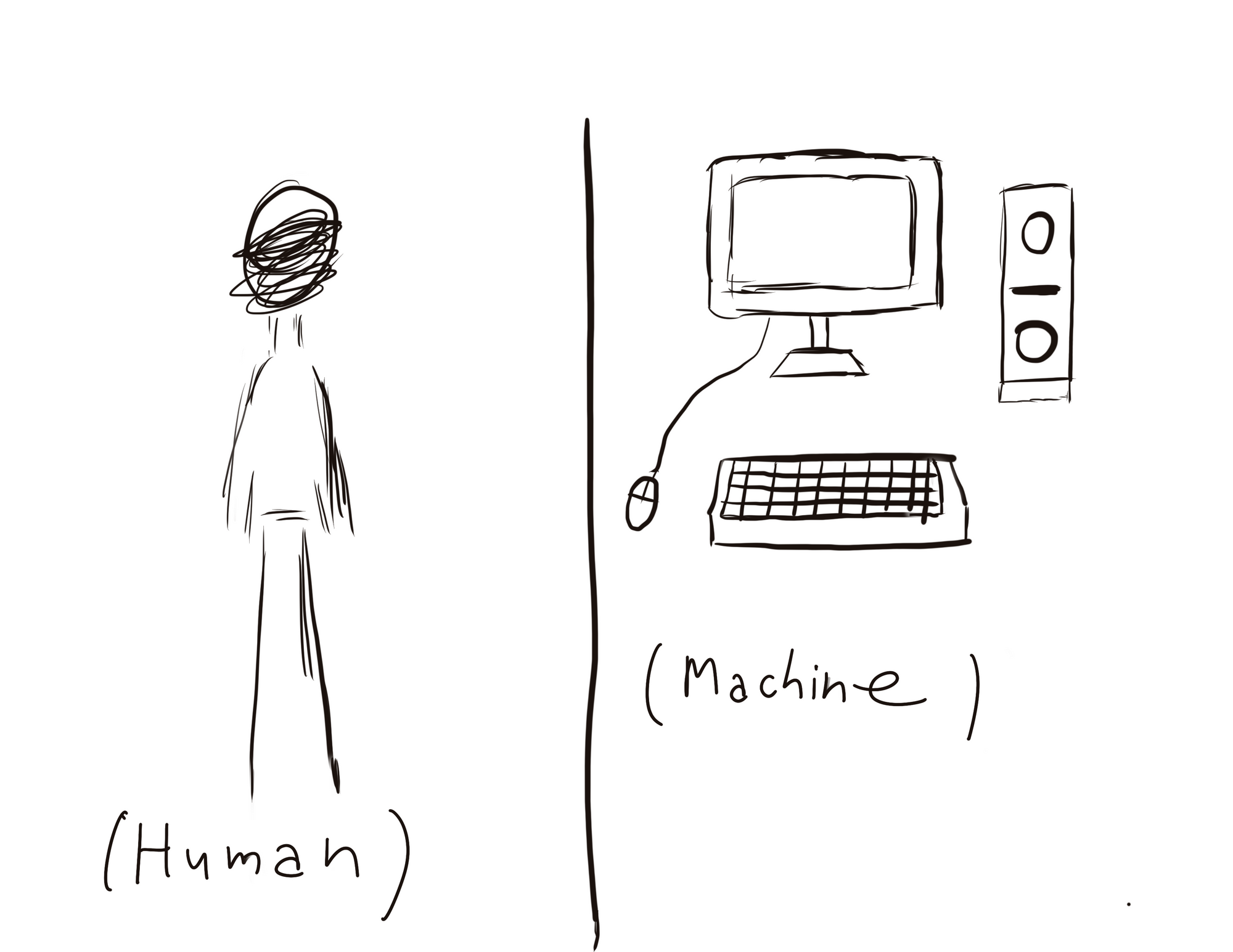
Oppositely, machines are extremely good at storing data and can perform calculations and arithmetics real fast. But they struggle to make basic judgments. In 2012, Google lab created a neural network of 16,000 computer processors, with one billion connections, that could identify cat faces with 75% accuracy. While a 3-year-old kid could do it with 100% accuracy without trying. Also, machines rely on algorithms and instructions, which are created by humans, to perform. Humans and machines are two very different categories, so it’s very absurd that we even have this competition between humans and machines in the first place!

Secondly, does anyone of you guys remember that old history teacher at high school, with lectures about the Industrial Revolution in the 19th century? That’s right, it’s the Revolution where lightbulbs, trains, planes, capitalism, and a bunch of automatic machines were born. The Industrial Revolution created machines that could do physically-heavy and repetitive tasks for humans. From there, for one job loss for the automatic machine, at least one new job was created. The Industrial Revolution also provided people with food, shelter, and safety. And when we were satisfied with these basic needs, we craved more. Whole new service jobs related to emotions, communication, entertainment, and analytics were born to fulfill these new needs.
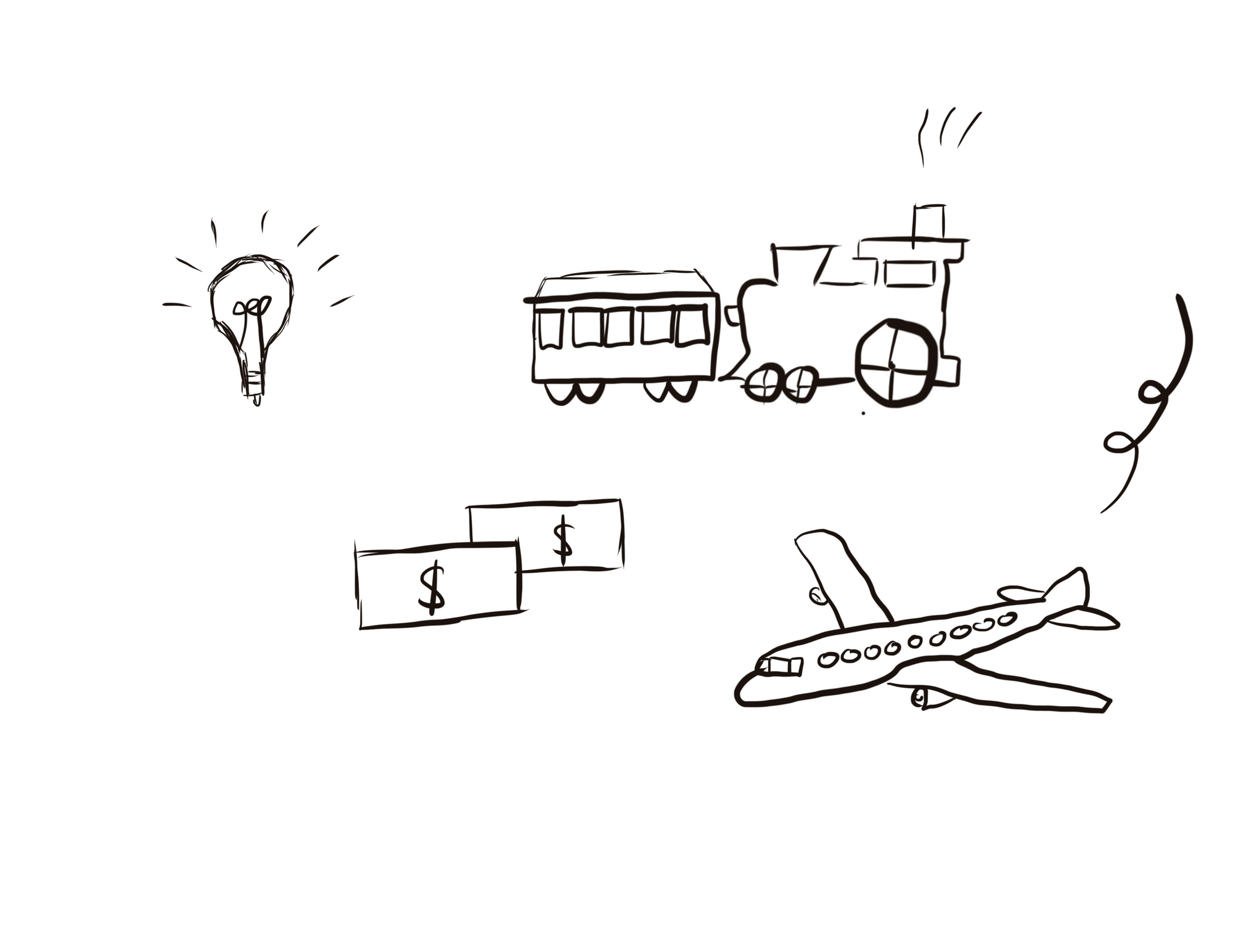
So it is reasonable to think that it’ll be the same at this time, and more new jobs will be created to replace old lost ones. I mean, just maybe 40 years ago, no one could imagine software engineers and work-from-home style would be a thing in today’s society. So in the future, god knows what new things can happen.
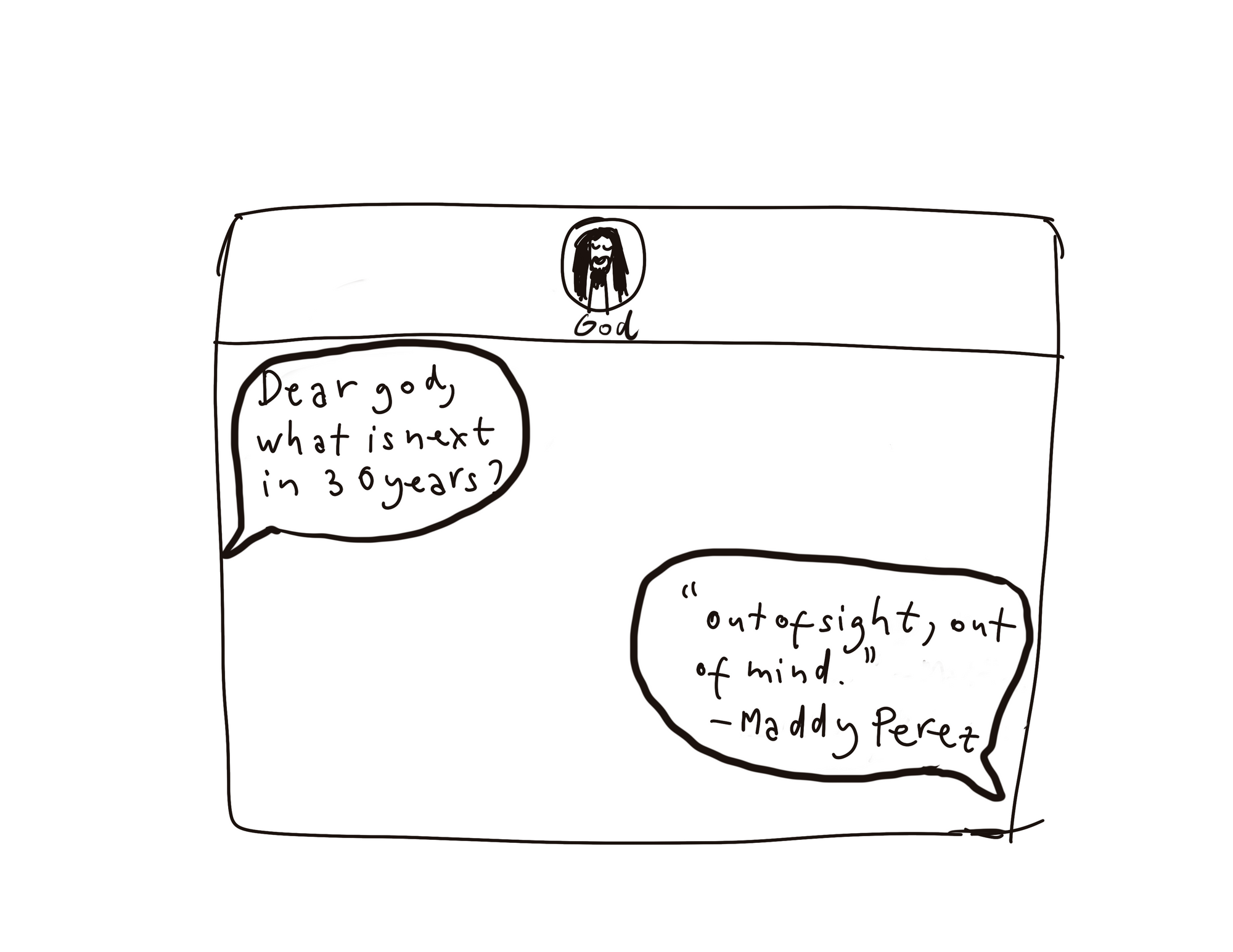
And finally, for the longest time, humans had believed in globalized economics and liberalized politics would be the final utopia for everyone. But that belief faded in the last 6 years, when Trump won the US presidential election in 2016 for “Make America Great Again” and “Building a wall at the border between the US and Mexico to prevent immigrants”. Also, another event, was when the UK officially withdrew from the EU in 2020. These 2 significant events all traced back to the globalizing economics, and the immigrants problems. The fear of immigrants taking over jobs and resources was one of the reasons people in the USA voted for Trump, in hope that he could prevent immigrants from stealing Americans’ jobs. And the same thing happened with the Brexit of the UK, when UK didn’t want to carry other less wealthy countries when something bad happened to the whole EU.

It is true now. Humans compete for jobs and resources, and will substitute for each other, in this globalized economics. And each person, no matter where in the world, needs food to eat, needs shelter to stay, and needs air to breathe. But machines need none. All they need is some amount of electricity to perform, which is up to human’s decision. They don’t demand higher salaries or health insurance. They work for people relentlessly. Machines and computers already helped us to launch rockets, perform surgery, and make self-driving cars, and in the future, they will help us to do more marvelous things, such as conquer Mars I guess.

These come to the conclusion that machines are gonna become the best sidekicks for humans ever. Recently, there has been a new term of collaborative intelligence systems, where humans and machines work together. For example, social media like Facebook has computers to sort all patterned data that fit the violation category, but the computers are instructed to flag and notify the human administration of any suspicious or unclear data so that the human can give a final decision. Perhaps the better question to ask, if we choose to believe in this first possibility, is “How machines, robots, and AI can help humans solve problems?”

Possibility 2: Robots, AI, and Machines WILL steal your jobs. Wanna join my crying club?
Firstly, there are 2 abilities that robots, AI, and machines can compete against humans: cognitive and physical abilities. Cognitive abilities are the capacity to think in abstract, reason, problem-solving, and emotionally comprehend.
As I mentioned before, the Industrial Revolution created machines to perform physical and repetitive work for humans, so we could have time to do other cognitive tasks and fulfill more advanced needs. But this time, it is a different type of machine. A far different type of automation, compared to bulky machines from the Industrial Revolution.
In 1979, Generals Motor employed more than 800,000 employees, generating about $11B. While in 2012, Google had 58,000 employees and made $14B. Of course, generating $11B in 1975 is very different than $14B in 2012, due to inflation, but clearly, the number of new jobs created in this era of digital information is significantly less than in the Industrial Revolution. So it is not guaranteed that new jobs will be created enough for everyone in the future.
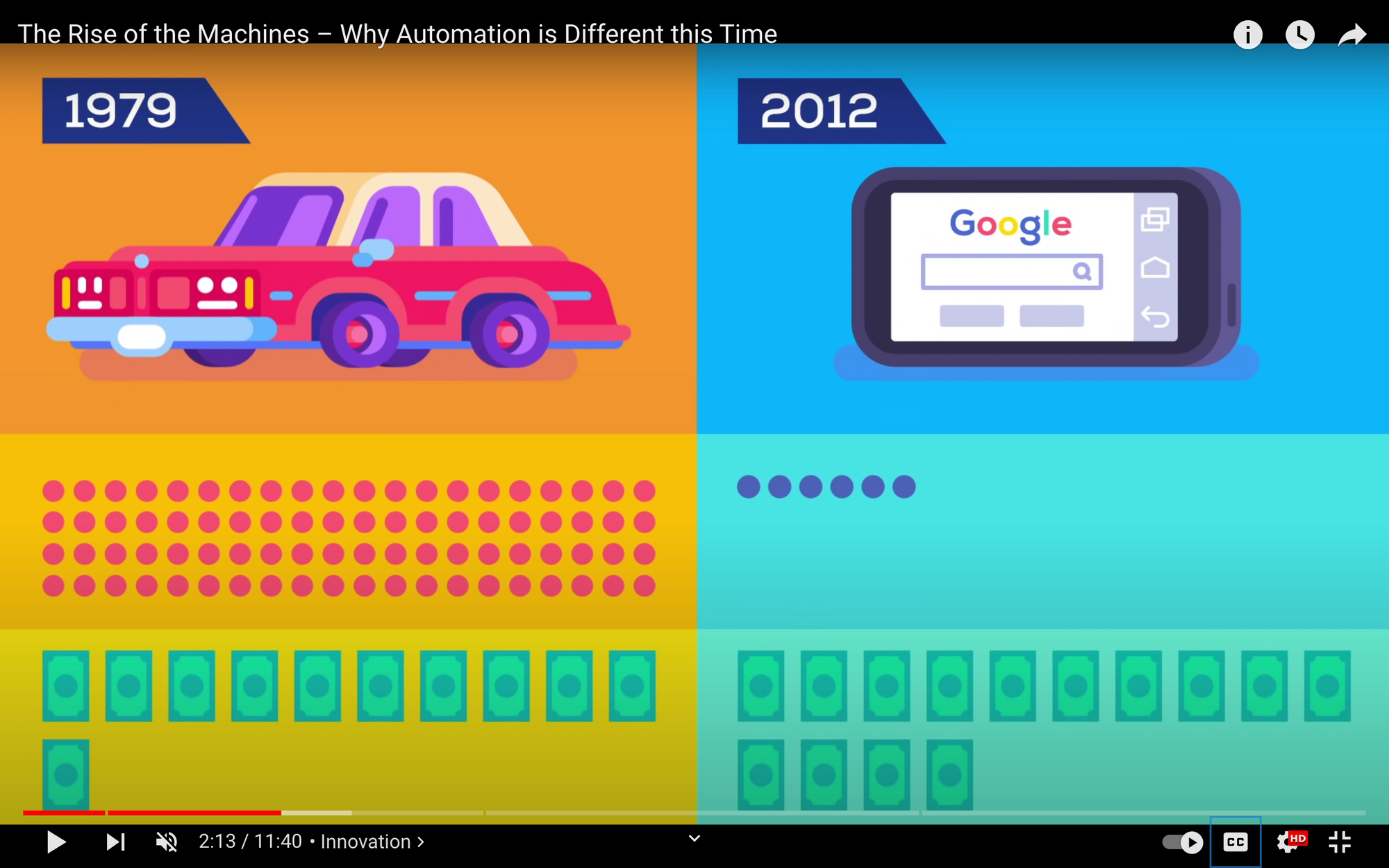
Secondly, Robots, machines, and AI compete directly against human cognitive abilities. They already outperform us at calculating, updating, and connecting, and in the future, they will be far better. For example, in the future, new AI doctors might be created. They get connected to each other, as a whole network, and when new treatment regimens are published, they get updated immediately. While for a human doctor, it will take some time to learn and get trained.
Most people will argue that, okay so these things can calculate faster, but they don’t have the ability to collaborate, communicate or solve emotional and moral problems as humans can. And most jobs today, from lawyers and politicians to the salesman and cashiers, all involve these abilities.
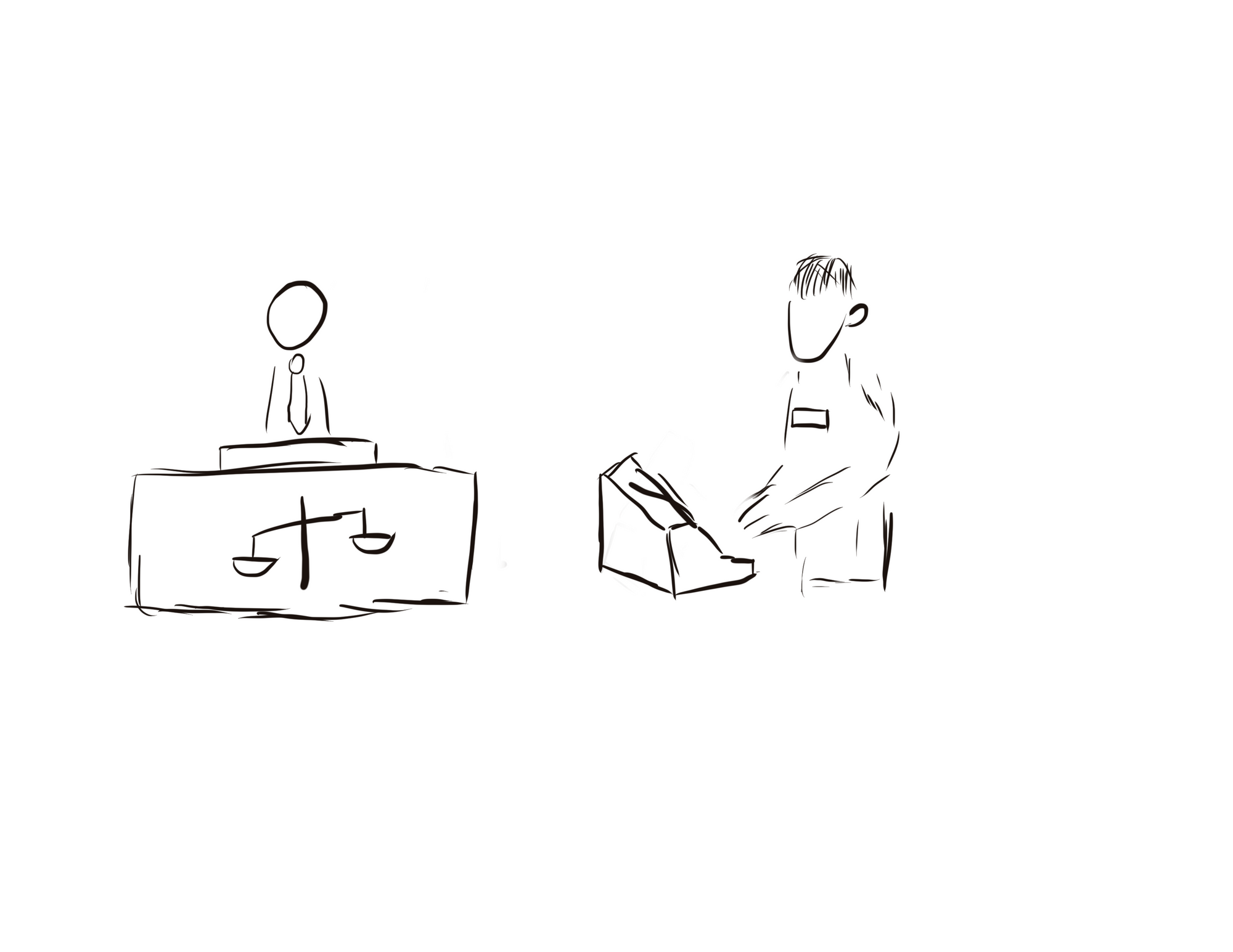
But when we trace back to the origin of human emotions, we realize that it’s not some mysterious thing. It is simply the biochemical process inside our brains. Billions of neurons use electrical impulses and chemical signals to link together different brain areas, thus regulating our emotions and behaviors. And even more obvious, we physically represent these emotions, through body language, heart rate, body temperature, and eye movement. Remember when you buy something new, and you feel so excited, that your heart beats faster, and your body temperature gets hotter? It’s dopamine, a special chemical signal related to pleasure and satisfaction, that is rushing through your body. As we grow up, we learn to cover our real emotions, but the physical representation stays the same. So if the machine can encode this biochemical processes, it will know what we are feelings.
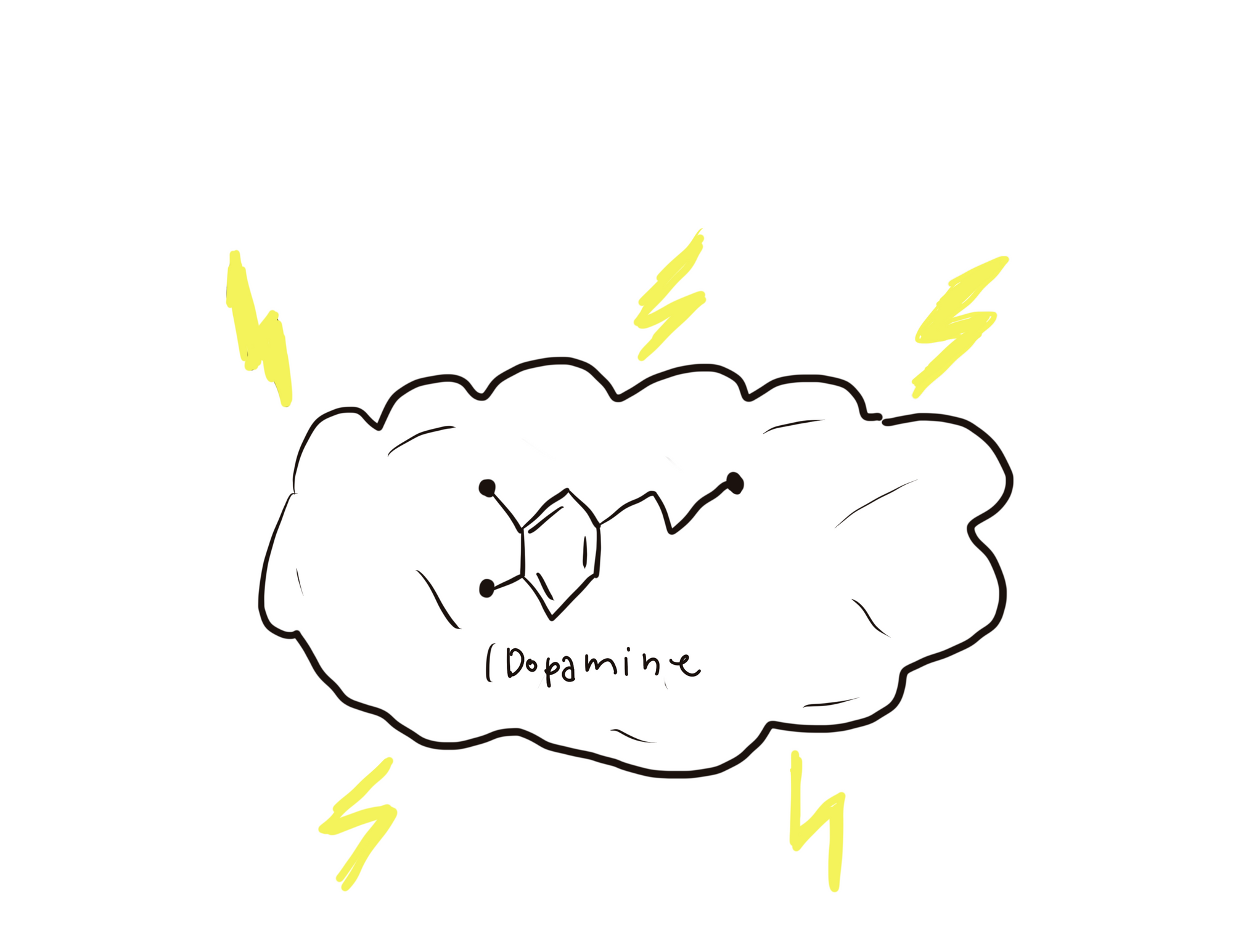
Now let me ask you a question. When you fake laugh, you use different facial muscles and different brain circuits. Do you think you can fool a person? Sure, why not? That person can’t get inside your head and detect that you are using different brain circuits.
But do you still feel confident, if a computer, using subfields of AI, analyzes your body temperature, your heart rate, and your brain's chemical signals? I bet it’ll figure out your true emotions and intentions, cause once the AI gathers enough data patterns about your behaviors, based on biochemical processes and physical representations, it can make its own comparison and decision-making, through machine learning and deep learning.

The same goes for moral problems. Humans are not radical as we think we are. We have a lot of biases, judgments, and stereotypes. We are far from perfect in pretty much everything. For example, if a woman of color applies for a tech job, a field that is kinda male-dominated, she’ll likely face sexism and prejudiced opinions from the employers, which will affect the chance of her getting the job. But the computer won’t work that way. It will sort through her profile, and her background without any biases and stereotypes, and finally, it can make a conscious, radical decision about whether she is qualified enough for the job.
Even in creative fields, such as art and music, machines can still compete with humans. Art and music still represent our emotions, after all. We love a song, or a piece of painting because they make us feel something. If you go through a breakup, then a computer, after analyzing your chemical signals, brain waves, and body language, can create a song, or a piece of art, that fits your mood, that can make you feel any emotions you want.

Netflix uses algorithms to recommend new movies. If I tell my friends to turn left, they will tell me to shut up, cause I literally don't have direction common sense. But if Google Maps suggest them the same thing, they will do so. In the future, computers and AI can even help us make more important decisions, like whom to marry, and which job to take. Philosophers can argue that but what’s the point of living a life that always makes the right choice? Life is supposed to be painful and happy at the same time. I don’t think this argument can convince everybody, though they do got a point.
So in conclusion, this upcoming era of technology gonna make some types of jobs disappear, but certainly will create other new jobs. But these jobs will demand high skill and high training. And as you know, not everyone is privileged enough to get access to high education and new knowledge. But technology is moving fast, and it’s not waiting for anyone.

More challenges and Possible Solutions
Do you still remember the super dark dystopian in sci-fi movies at the beginning of this article? That if robots, machines, and AI will ever kill the whole humanity. It might happen if AI, robots, and machines evolve consciousness. There is a test, called the Turing test, to measure the consciousness of the machine.
Let's say a scientist has online conversations with other people, without knowing who they are, and the scientist must evaluate their responses. And the mission of a computer is to replace one person, without changing the quality of the conversations. If it can make the scientist can’t distinguish if the computer or the human is taking the conversation, then the consciousness of the computer is somewhat measured.
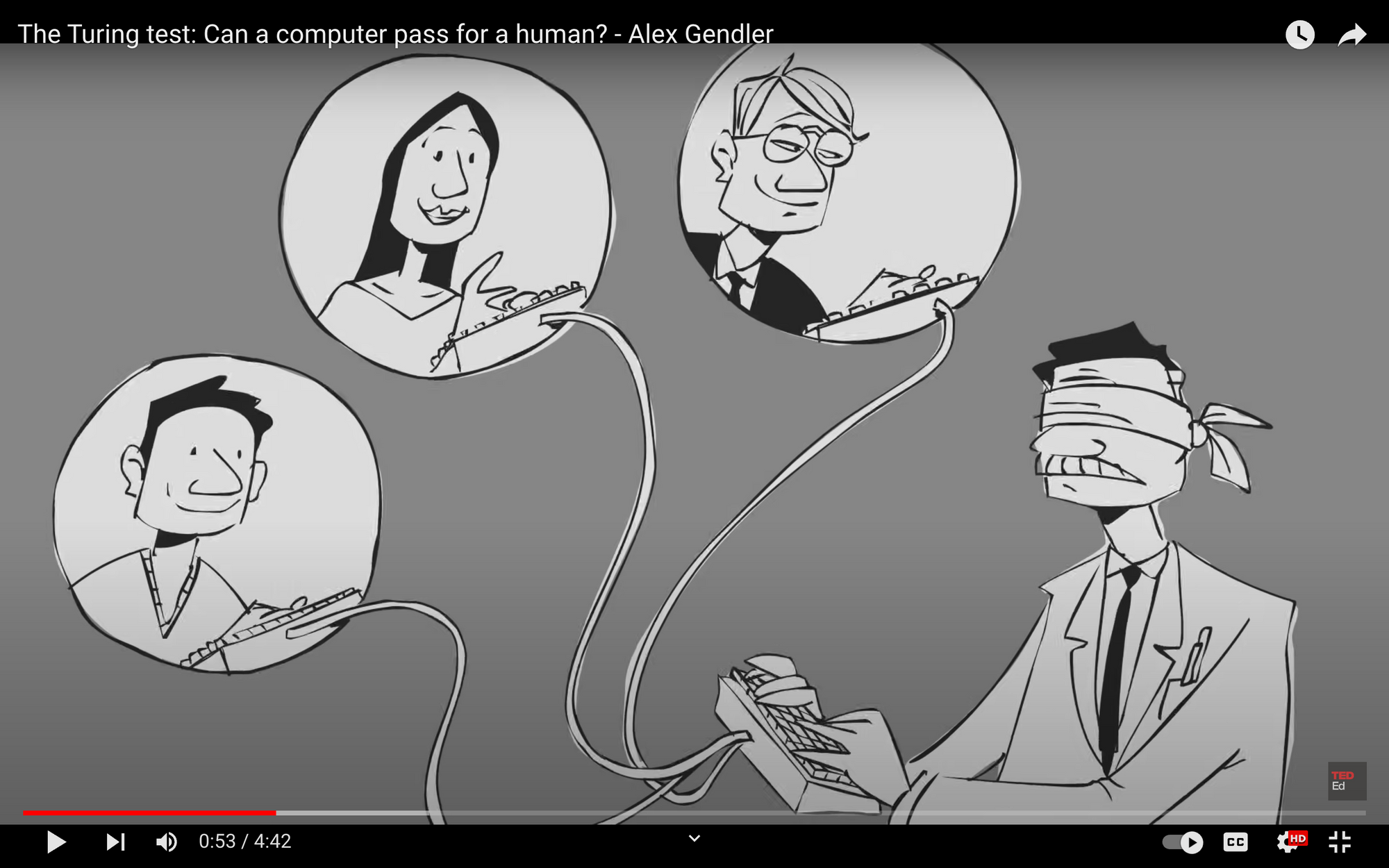
It turns out, machines and computers struggle to maintain a basic conversation. Our language is extremely complicated, with all the slang and the implicit inside it. There is a difference between intelligence and consciousness. The machine can outperform and be smarter than humans, but it struggles to maintain a conversation, which requires a lot of unconscious knowledge and social cues. Moreover, consciousness in human are created through natural selection and evolution, a thing that machines and computers don’t have. So it’s hard that machine can ever evolve its own consciousness.
The true danger we must face is the people who own computers, machines, AI and data. The small elite group of people who has money and political power to do so. We should be afraid that computers, machines, and AI will take the order of their master literally, without any second doubt and hesitant. Even for the most inhumane decision ever. So actually, the worst enemy is not the machine, (say it with me) it’s humans ourselves.
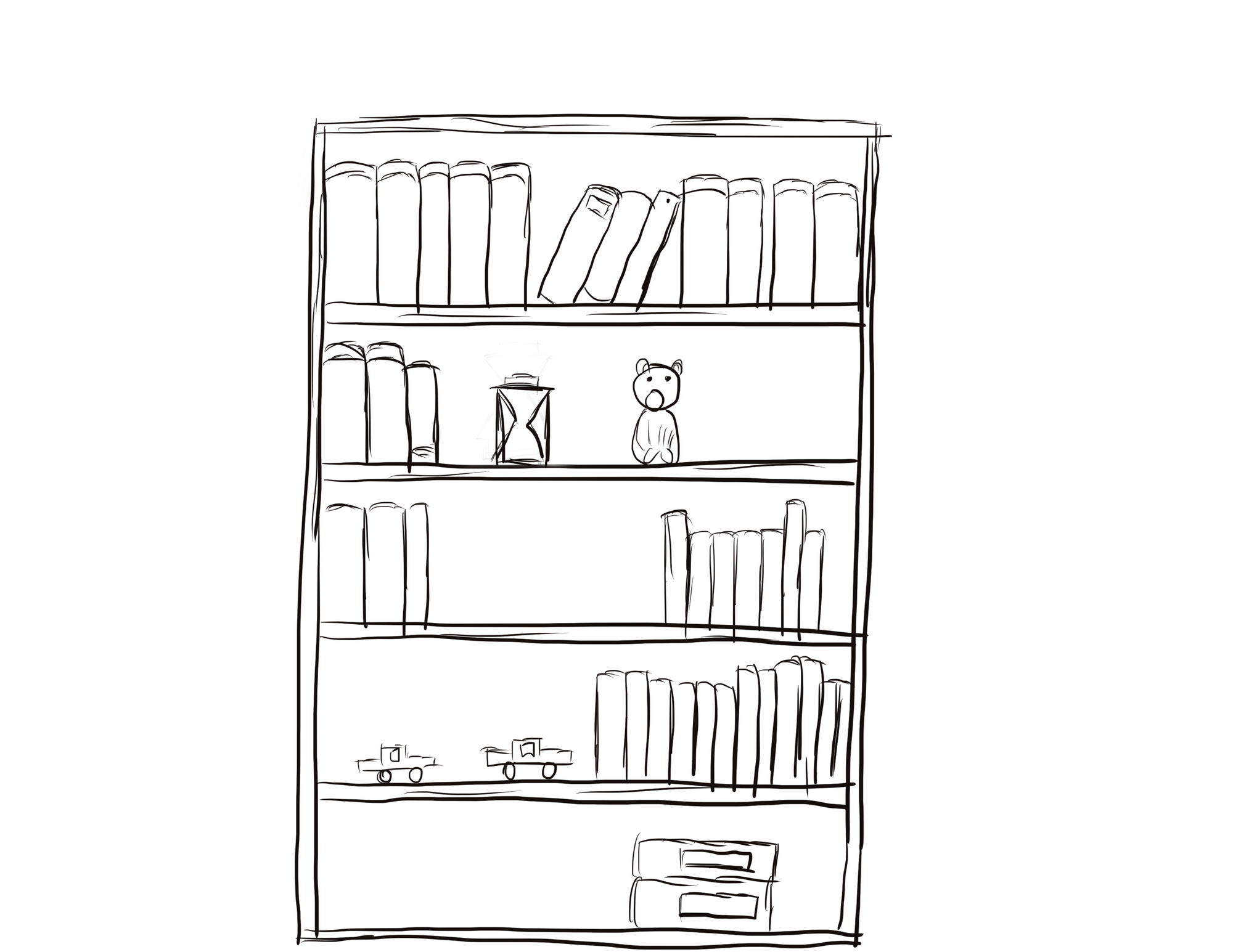
The big question, that Yuval Harari raised in his book “21 Lessons For The 21st Century”, is how to stay relevant in this era.
There are some solutions to this question:
- Prevent job loss from AI.
- Unfortunately, it is impossible. Because robots, machines, and AI will inevitably cause job loss. Preventing job loss means blocking the development of AI and machines.
2. Perhaps the government can step in to slow down the development of computers, machines, and AI, to give people more time to adjust to the new society
- Well, politicians hardly keep up with technology these days. And in capitalist countries, the government has very little influence in the private sector. In the USA, the rich, the small elite group, are driving the political parties. Engineers, entrepreneurs, and investors are not patient, and they make up most of the elite group. They are the ones driving the election campaign, getting access to laws of the Constitution, by making donations and funding political candidates that benefit them the most.
3. A new government and new economic model must be born.
- This new government and economic model should focus on protecting humans at all costs, not protecting jobs. The Universal Basic Income, proposed by sir Thomas More in his book “Utopia”, can be the solution. This is a government program, where citizens receive free money regularly, and don’t have to work anymore. We can enjoy life as we want to, hooray! This is probably the most ambitious goal for the socioeconomic model up to now.
So this is the end of this article. As we can see, the future is very uncertain and does not guarantee anything. The best we can do now is to acknowledge technology, and engage in politics at some certain, to give better decisions in the future. And who knows, we might be dead before that day when all these crazy computers, machines, and AI come true. So just leave it there for the future generations to deal with it, then. I’m out!
If you enjoy this article, please subscribe to Coolkidzclub for more content. Thank you.
Best,
tam
Sources:
- 21 Lessons For 21st Century - Yuval Harari
- The Turing Test - Alex Gendler
- Automation - Kurzgesagts
- From Zero to One - Peter Thiel
- Nationalism vs Globalism - Yuval Harari